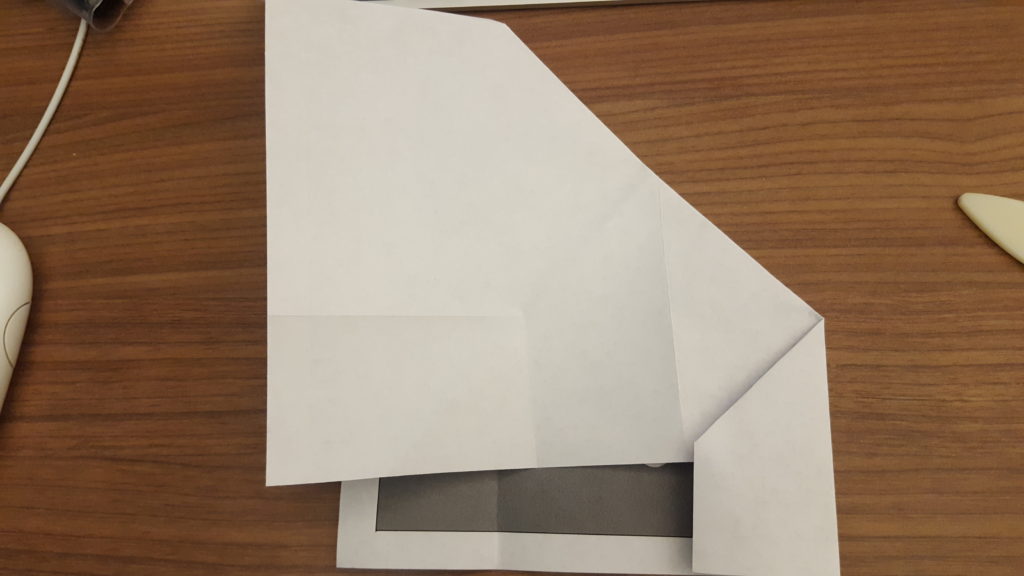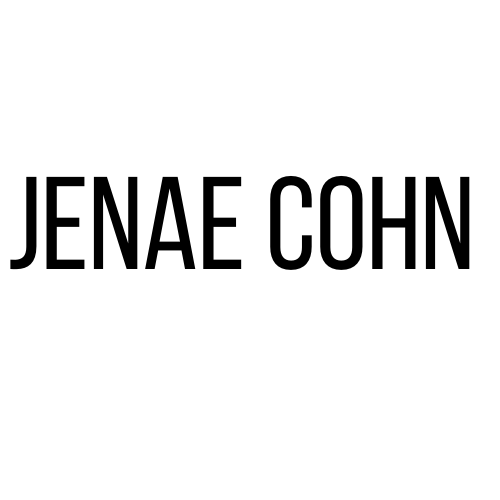
One of my many, many drafted versions of a Turkish map fold for my final project at this NEH Institute.
Fold the paper in half. Fold the paper along the diagonal. Do it twice. Square the four corners. Turn the paper inside out. Tuck in the flaps. Repeat.
I followed these steps, repetition upon repetition, until I reached a point where I finally felt satisfied with what I created for the Turkish fold map book I’m creating for my final project at this NEH Institute. My critical brain could not really believe that I was spending the entire day folding paper into accordion-like configurations. But for my creative brain, I saw something happen: with patience, came mastery. As the piles of folded scrap paper piled up in front of me, I could actually see it: improvement.
I’m not necessarily inclined to say that practice always makes perfect. We can experience failure upon repetition and have absolutely nothing come of it (as maddening as that might be). But there are some moments when repetition actually helps you deepen skill. Each time I tried the folds on each piece of scrap paper, I found myself noticing new things. I realized that if I flipped the paper a certain way, for example, it became really obvious how to spot all four corners to perform the squaring maneuver. When I got to the step where I had to turn the paper inside out, it became clearer that all I had to do was push the paper in on itself in a certain way and the “inside-out” fold would just… happen.
Throughout this institute, I’ve honestly dreaded any kind of “paper-folding” task because I just haven’t had the patience to measure edges precisely. I’ve never have had this kind of patience, and I wonder how much of that emerged from other people telling me that I just wasn’t good at visual-spatial tasks. Indeed, I’ve let my critical brain take over on a lot of occasions and stop myself from taking my time in light of doing something more “meaningful.” Yet when I allowed myself to slow down – even just for a few extra minutes – I actually managed to fold beautifully. My final folds are not perfect, but they look pretty good, if I may say so myself.
Through folding, unfolding, and re-folding papers, I re-discovered that I could be patient and forgiving with myself and I had the great satisfaction of seeing the material pay-off. But perhaps more importantly, I saw that something I had long thought I was really bad at (read: precision-based manual tasks), I was actually OK at if I just let myself just take the time. In other words, I saw that when I applied a growth mindset to a new task, I was able to allow myself to do something I always thought wasn’t worth my time. Maybe I won’t make a project quite like this again, but I now have some newfound confidence that if I wanted to do something that I think I’m bad at, I can do it if I adjust my attitude appropriately.
These all may sound like trite observations today, but I found myself thinking about my teaching again today and it was so valuable for me to experience something that I tend to tell my students all the time: be kind to yourself. The more that I could maintain my positivity about what I was doing, the better I did.
A growth mindset is, after all, grounded in a willingness to open up and engage with an activity in a way geared towards exploration. In my life, I’ve taken on the shrewd approach that if I focus only on the things that I’m good at, I’ll advance my aspirations upwardly and will work towards channeling my energy in only the most efficient ways possible. There is something to be said for prioritizing responsibilities, of course, and as I think ahead to my future, I know that the task of prioritizing what I want to do will only get harder. But I appreciated recognizing today that there is opportunity in taking on a challenge or a risk, even if it seems outside of advancing a particular career-based goal. I don’t know how that will manifest exactly in my days, weeks, and years beyond this institute, but I’ve appreciated getting to do something where I’ve been surrounded by other makers intent on practicing a growth mindset along with me, encouraging me to execute a project completely outside of my developed skill set. What a privilege!

Beautiful description of the creative process in tension with efficiency. I love the take away: Patience is hard. It may be trite to say it, but it’s hard. So much wisdom express here.
Thanks for this thoughtful comment, John! I think I’ll be continuing to wrestle with this tension for a long, long time too…